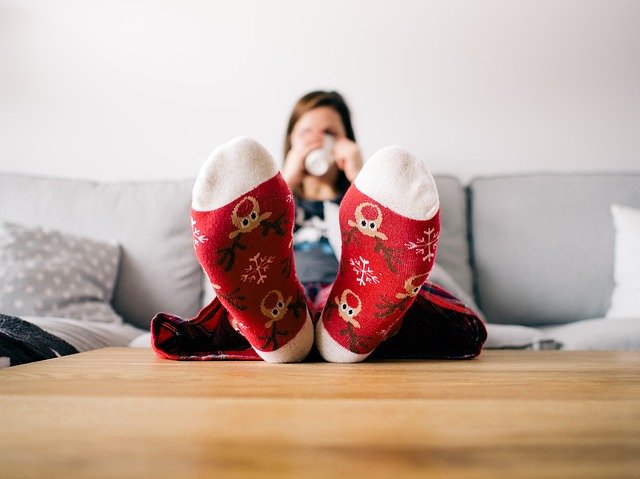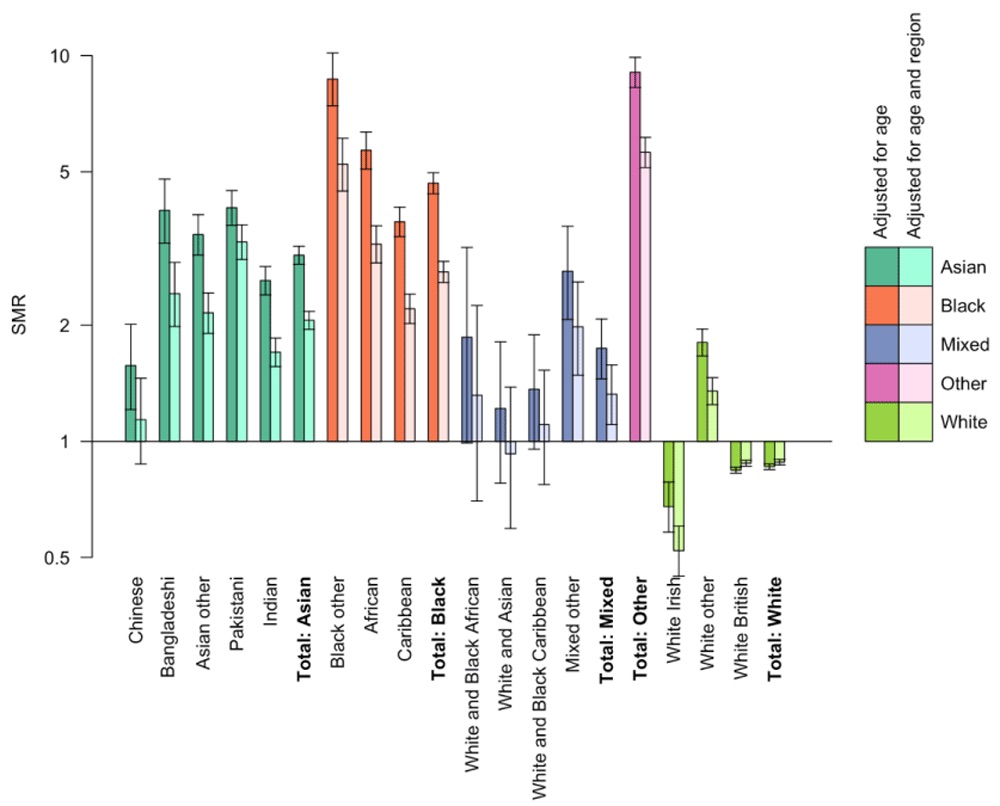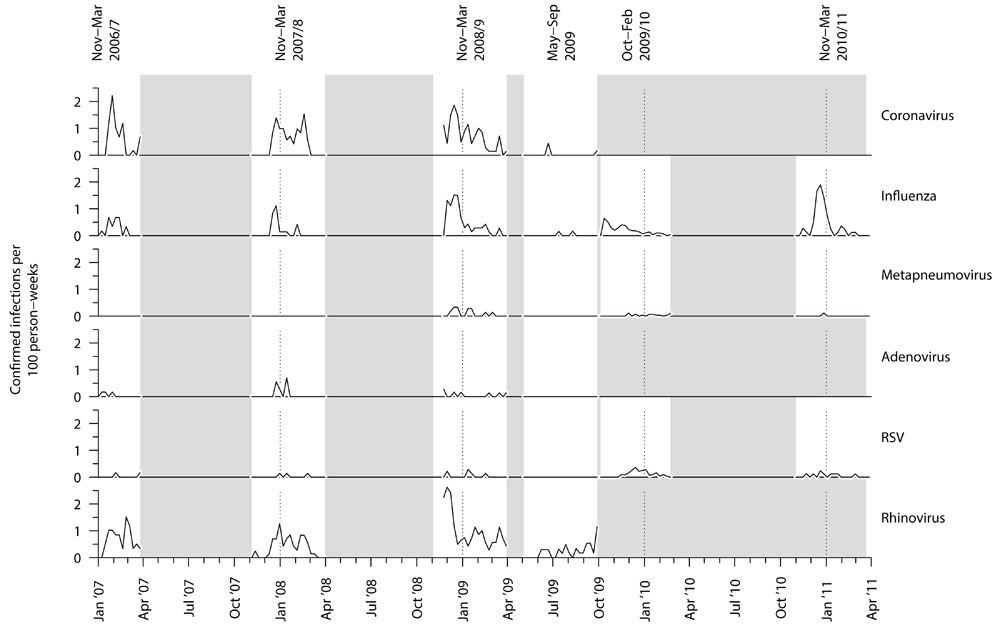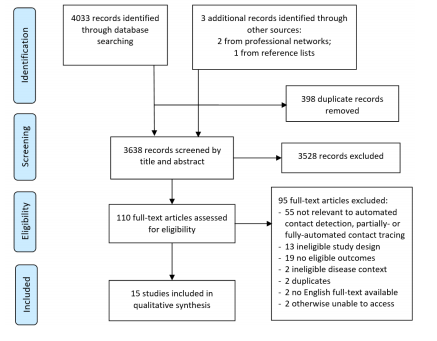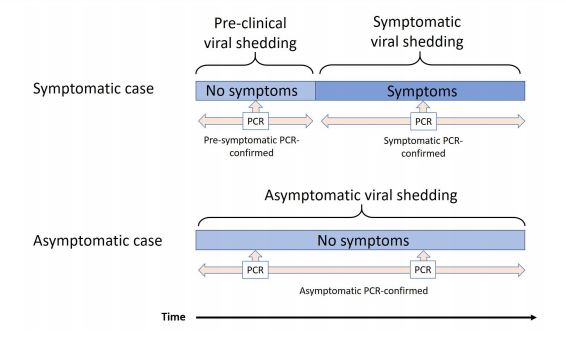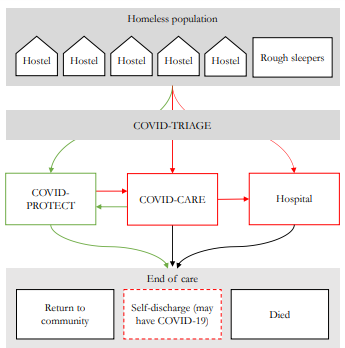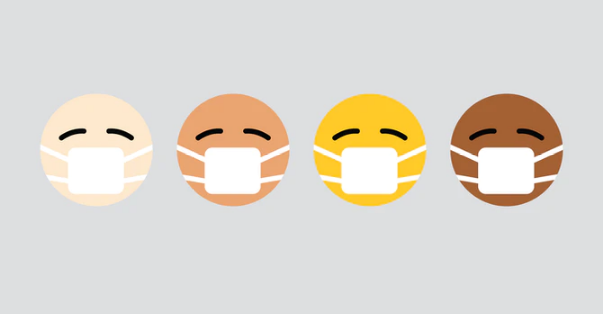
A team led by Dr Robert Aldridge, from UCL (University College London), has been awarded £1.4m to recruit about 12,000 people from BAME groups to add to the 25,000 already in its “virus watch” study, previously funded by UKRI and NIHR. It will examine infection incidence among BAME communities and the contribution of factors such as overcrowding, migration status and occupation.
“One of the things that we’re concerned about in the migrant group in particular is barriers in access to healthcare and racism, structural discrimination, and whether that’s playing a factor,” said Aldridge. “Do they get a poorer level of care than both non-migrant minority ethnic groups and the white British groups?”
He said that the work would include examining the reduction in access to healthcare arising from the hostile environment.
The researchers said they would start publishing data and recommendations as soon as possible given the urgent need for action ahead of a feared second wave of the pandemic rather than wait until their studies were concluded.
Read the full news article here.
